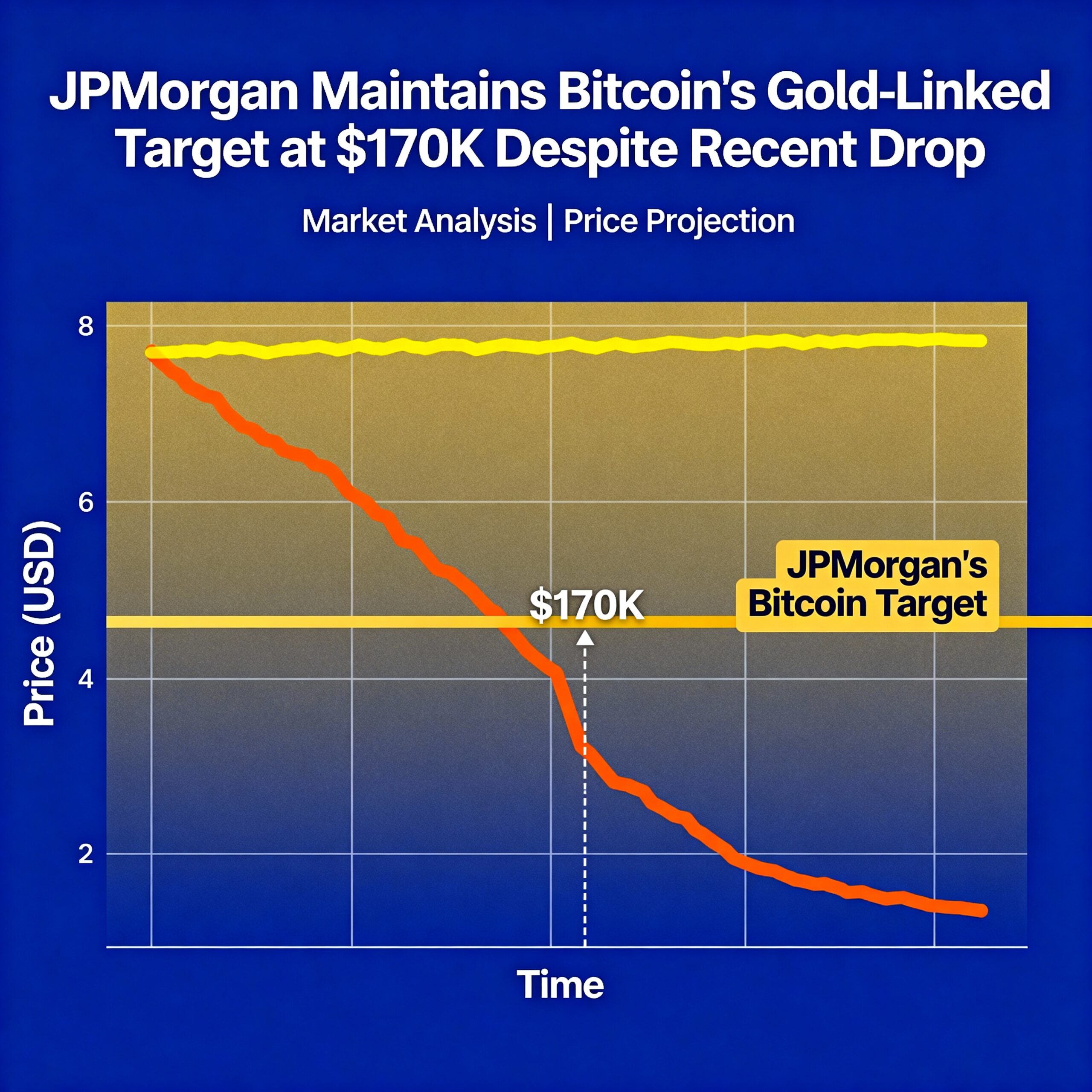Tether could be forced to sell some of its reserves, including bitcoin, to meet potential U.S. stablecoin regulations, according to JPMorgan’s latest research.
The two bills under consideration in the U.S. — the Senate’s GENIUS Act and the House’s STABLE Act — would require stablecoins with a market cap exceeding $10 billion to comply with stricter reserve requirements. The GENIUS Act suggests federal regulation, while the STABLE Act supports state-level oversight. Both bills emphasize the need for stablecoins to be backed by high-quality, liquid assets, such as U.S. Treasury bills.
Currently, Tether controls about 60% of the stablecoin market with a $142 billion market cap. However, JPMorgan’s report shows that Tether’s reserves are only 66% compliant with the STABLE Act and 83% compliant under the GENIUS Act. This compliance gap means Tether may need to liquidate some of its non-compliant assets, like bitcoin, corporate bonds, and precious metals, to purchase T-bills or other acceptable reserves.
JPMorgan also noted that Tether’s compliance ratio has been declining since mid-2024, as the supply of stablecoins has increased. To meet the proposed regulations, Tether would need to replace non-compliant assets with U.S. government-backed securities.
Despite the challenges posed by these potential regulations, Tether has a substantial portfolio of liquid assets, including over $20 billion in U.S. Treasuries, and is generating more than $1.2 billion in quarterly profits. A Tether spokesperson assured that the company is closely monitoring the situation and working with regulators to stay ahead of any regulatory changes.
Tether CEO Paolo Ardoino responded to the JPMorgan report by downplaying concerns, suggesting that JPMorgan’s analysts were envious of Tether’s bitcoin holdings. The report also highlighted that future regulatory requirements could demand more transparency and frequent audits of Tether’s reserves, which could complicate the company’s operations further.





